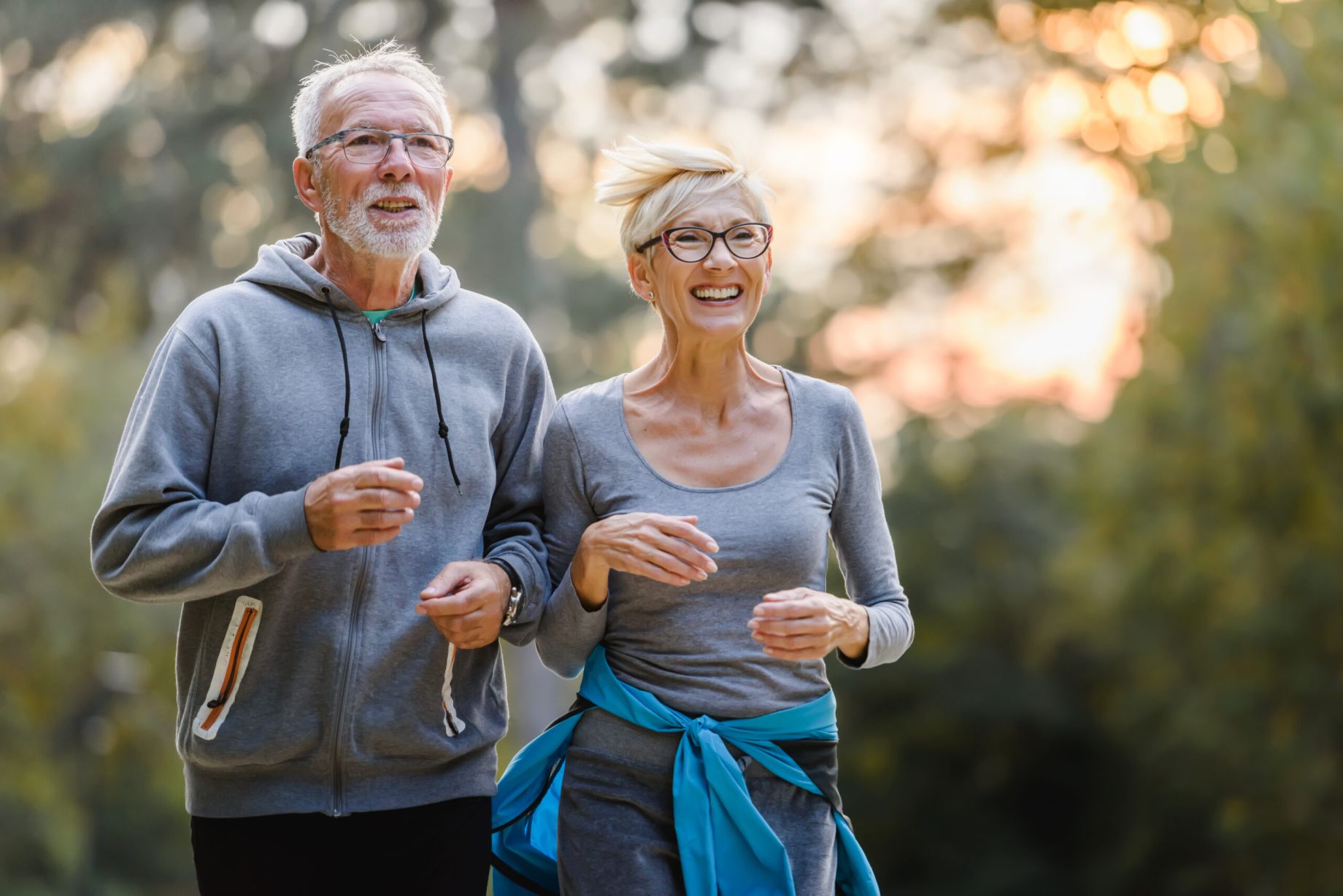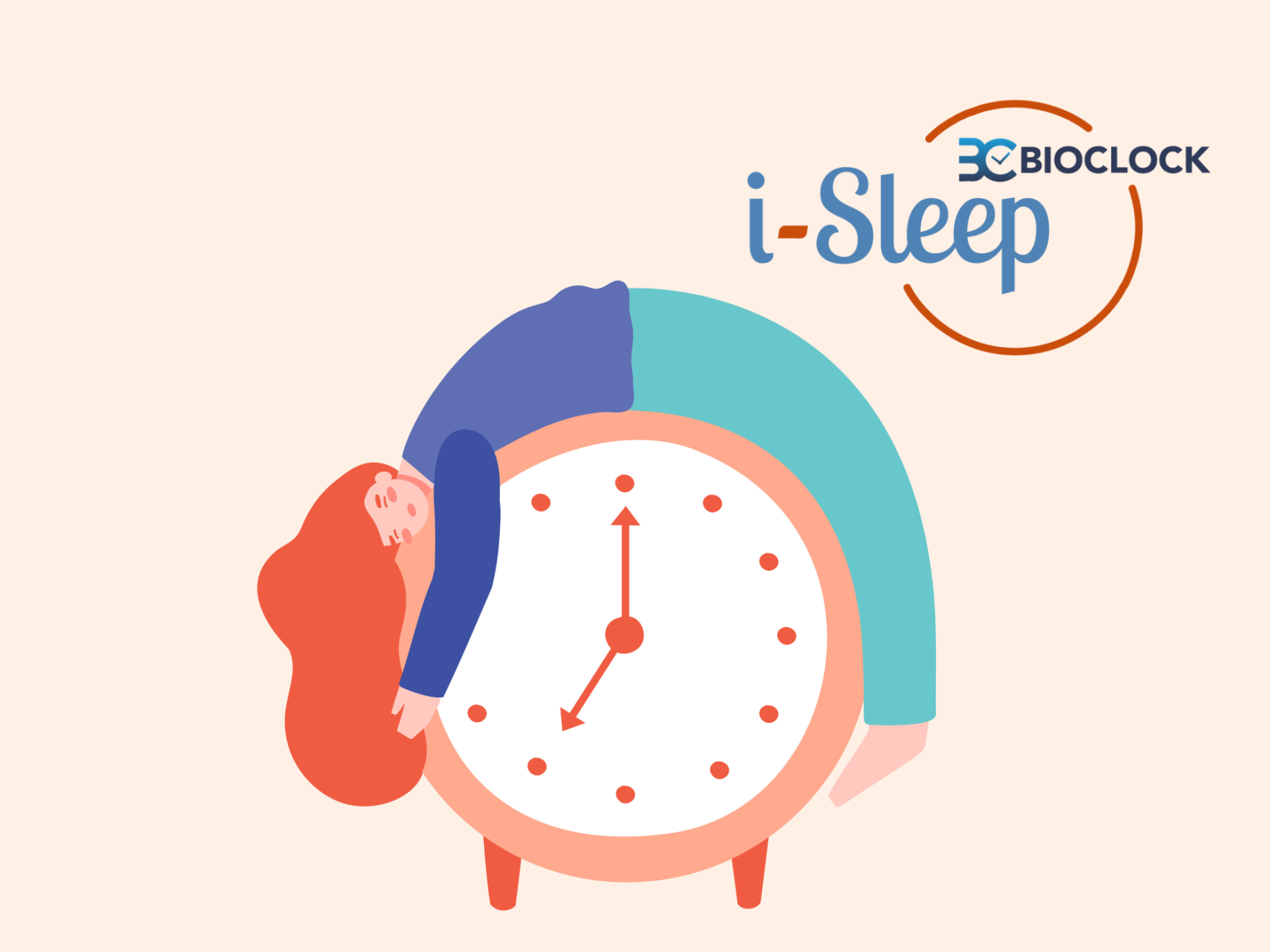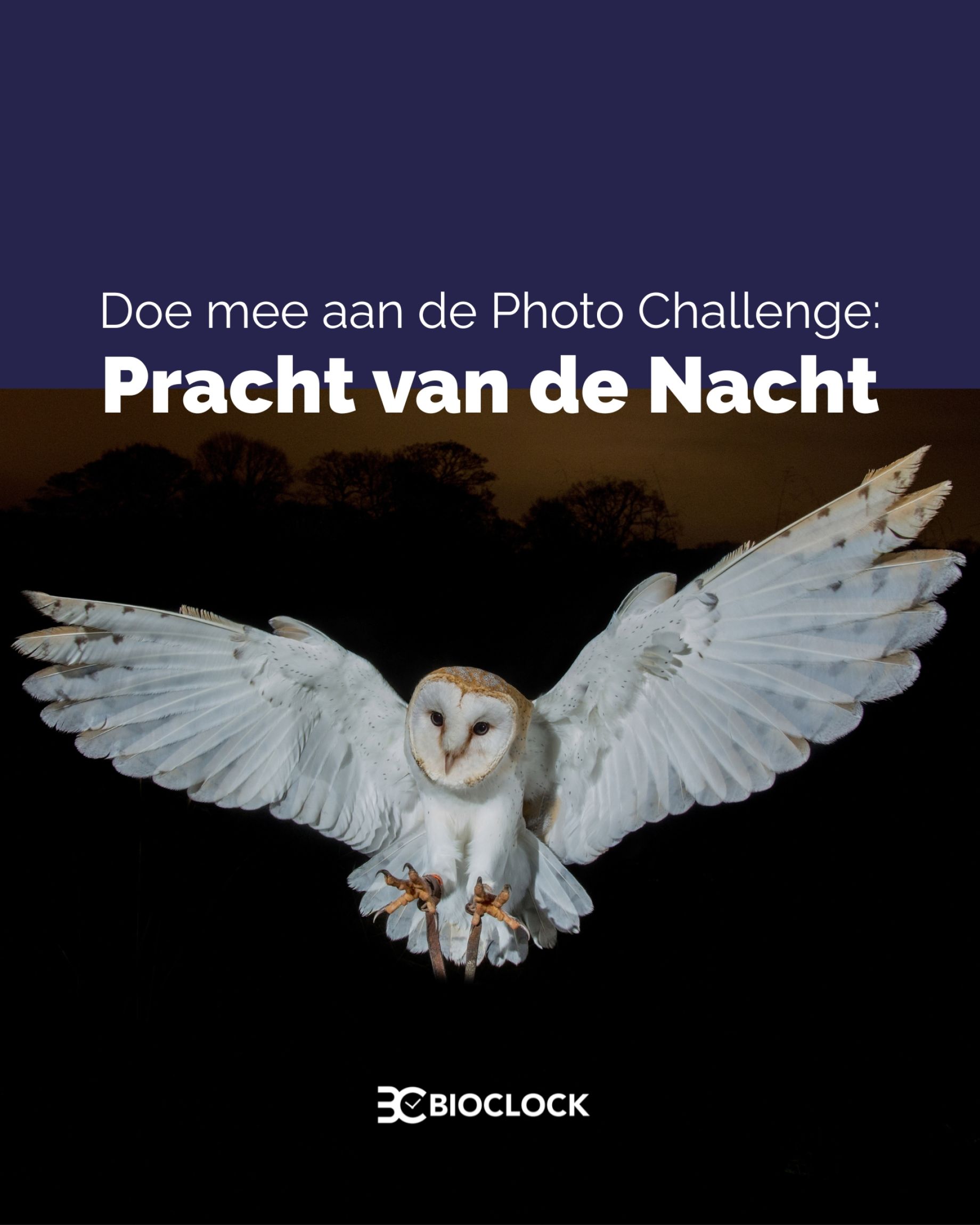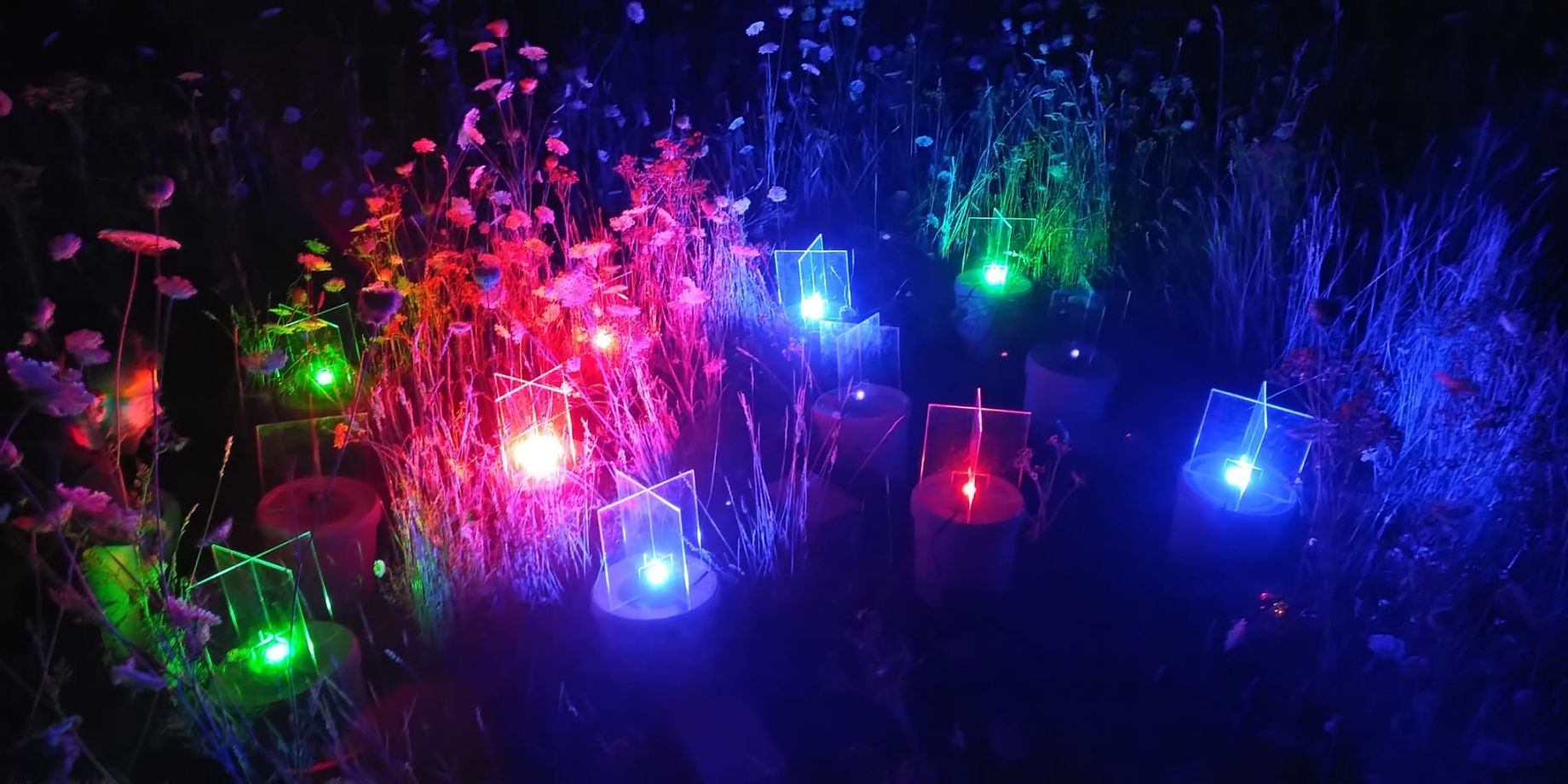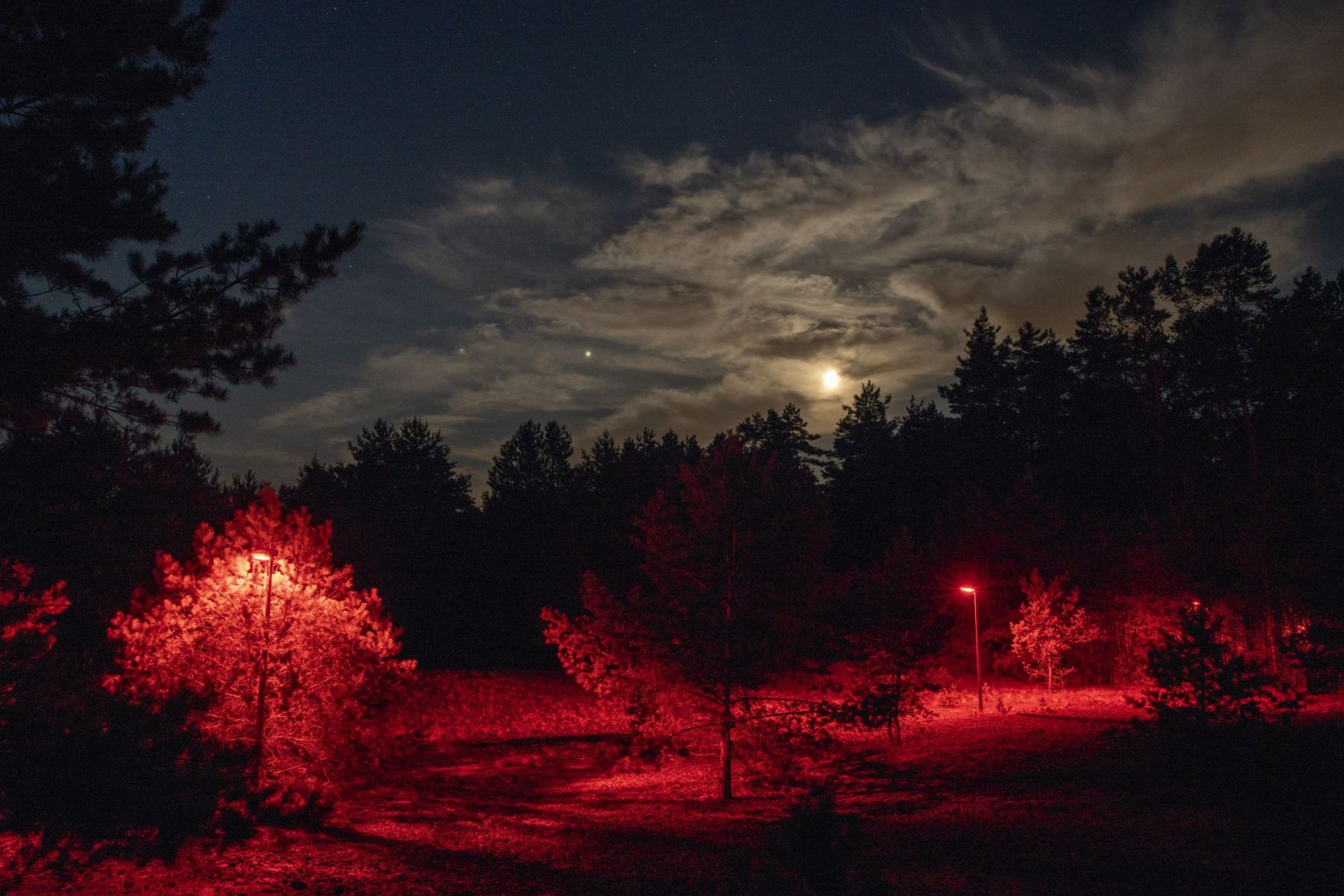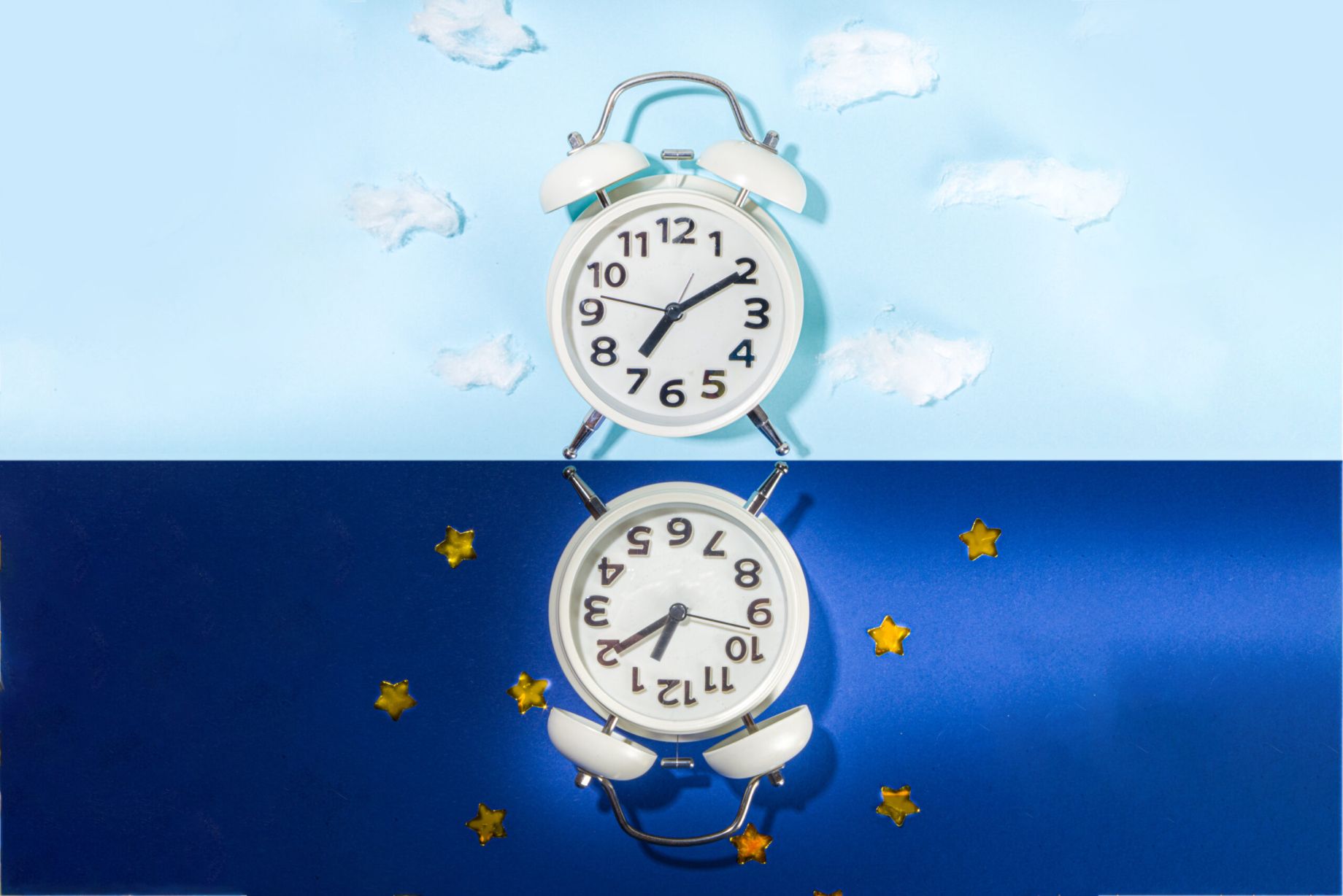Author: bioclock
New study highlights the importance of timing in physical activity
Research by BioClock scientist Gali Albalak (Leiden University Medical Center) shows that not only how much we move, but also when we move can influence our mental health. The results indicate that people who are primarily active in the morning have a significantly lower risk of depression, whereas nighttime activity is associated with a higher risk.
Largest study to date
Using data from the UK Biobank, the...
New pilot study: Digital intervention for better sleep and mental wellbeing in students
Biological clock & Student wellbeing
Sleep problems are increasingly common among university students and are strongly linked to mood and anxiety disorders. An irregular day–night rhythm – caused by late bedtimes and social jetlag – worsens these complaints.
What was studied?
BioClock researcher Laura Pape (Leiden University) and her colleagues developed the digital self-help intervention ‘i-Sleep & BioClock’. This five-week program combines the proven...
Join the Photo Challenge: The Beauty of the Night
The night is full of life, if you look closely. Take part and capture a striking image that puts the natural world after sunset centre stage. Send in your photo by 14 September for the Photo Challenge “The Beauty of the Night.”
In a world that grows ever brighter, this contest highlights the importance of darkness. Every living being on Earth runs on a biological clock tied to the light–dark cycle. Artificial light at night can disrupt this rhythm, affecting health, behaviour,...
Why artificial light at night is a problem for insects – And what we can do about it
Artificial light at night may seem harmless. After all, it helps us see better, feel safer, and enjoy our cities after sunset. But for insects, night-time lighting can be a trap – literally. And since insects are essential for pollination and as food for birds and bats, the ripple effects are widespread. A new BioClock-study shows that both the color and intensity of artificial light influence how insects respond, offering valuable insights for how we design lighting to protect...
BioClock contributes to international dialogue on the Night as a Habitat
Night is more than just a moment on the clock – it is a rich and diverse habitat we still know surprisingly little about. But what does ‘the night’ mean for our modern cities?
For the latest Roundtable by the international platform The Nature of Cities (TNOC), researchers, designers, and policymakers from around the world shared their perspectives on the night. Their goal: to shed light on the lives that unfold after sunset in cities across the globe. Mara...
Warmer and brighter: How we influence the foraging behavior of bats
Higher temperatures amplify the effects of anthropogenic light at night on bats. A recent publication by Sander Buddendorf, a researcher at the Netherlands Institute of Ecology (NIOO-KNAW) within the BioClock project, shows that common pipistrelle bats (Pipistrellus pipistrellus) are more strongly attracted to streetlights on warm nights — a behavior that disrupts their foraging patterns and thereby the ecological balance in a warming climate.
What was the study about?
Over a...
Daylight Saving Time, Lowlands and colored streetlights: BioClock in the media spotlight
Daylight Saving Time under scrutiny by NTR Wetenschap and NPO 3 op Reis
On June 21 – the longest day of the year – NTR Wetenschap released a short video about the effects of light on our biological clock. Chronobiologist Inês Machado Chaves, affiliated with BioClock, explains how light impacts our bodies and why we would be better off abolishing daylight saving time.
NPO 3 op Reis also addressed the topic in an online article titled: “Should we abolish daylight saving time?...
